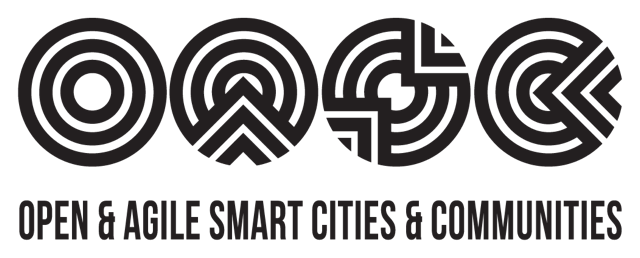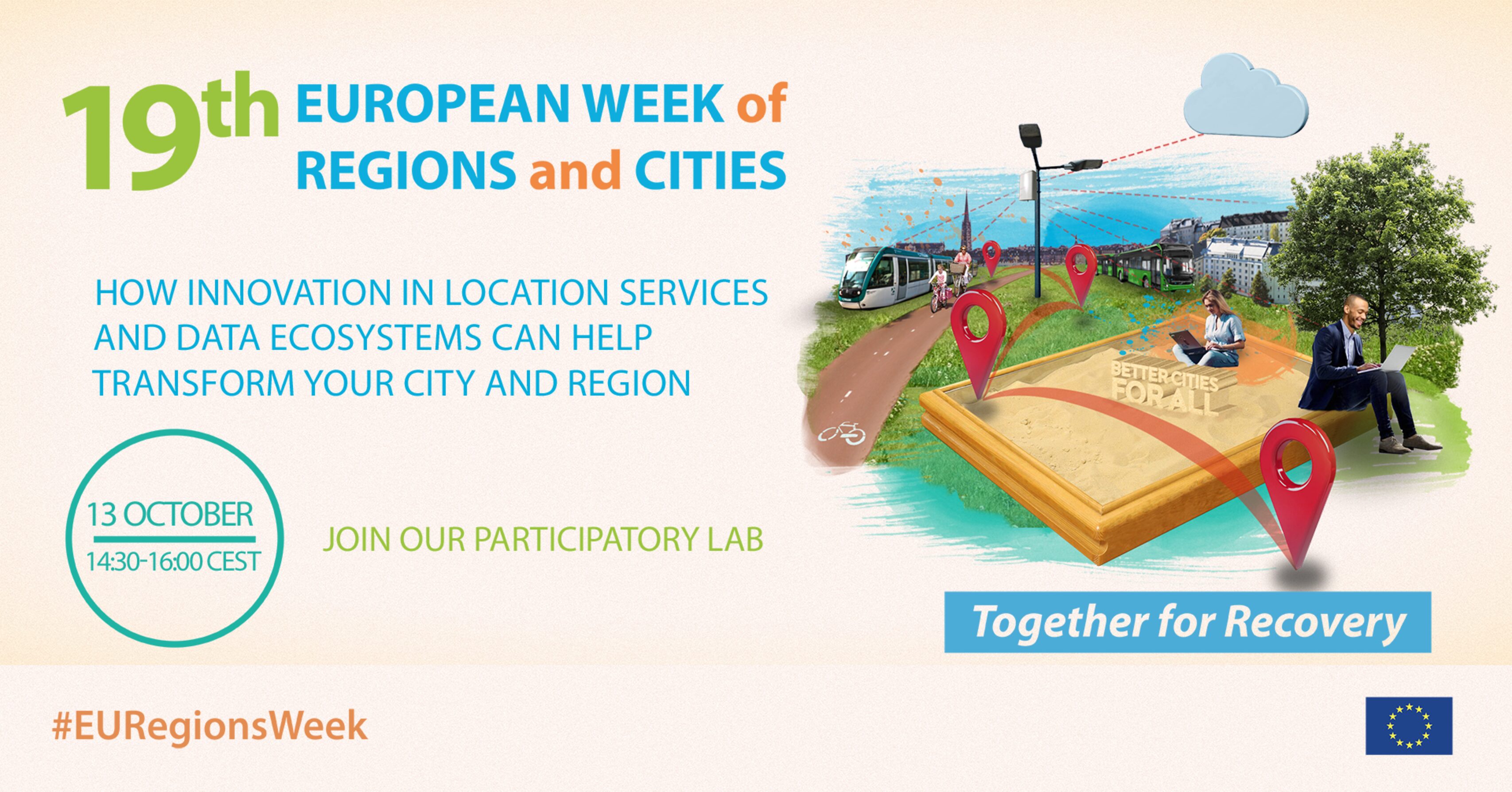This interactive workshop will provide you with practical insights throughout stimulating discussions.It will build on the learnings drawn from two pan-European activities carried out under the ELISE Action of the ISA2 European Interoperability Programme, involving more than 20 European cities.
Following a plenary introduction, you will be able to choose to participate in one of the two following journeys:
- Journey 1: Innovative use of location data and technologies to improve public services – Through this journey, you will learn how European cities and regions successfully use location data and technologies to improve their public services. You will get familiar with the results of a state-of-the-art study based on a large-scale survey of 150 local and regional authorities and 13 in-depth interviews. During the second part of the session, you will have the chance to dive into the case studies demonstrating the innovative use of location data and technologies in generating public value and considering the transferability of these solutions to other local/regional environments. The case studies are based on the experience of the cities of: Navarra (ES), Leuven (BE) and Cascais (PT). You will be invited to share your experience and feedback and raise your awareness and understanding of the potential of using location technology and information at the local and regional level.
- Journey 2: Regional and local data-driven innovation through collective intelligence and sandboxing – Through this journey, you will learn about the findings and recommendations for building effective data ecosystems based on an in-depth analysis experimenting using a sandbox approach to address mobility, energy, and housing challenges in different cities. Here, “sandboxing” refers to testing solutions in a safe environment, with a focus on institutional and technical innovations to enable more efficient and effective delivery of public services through data sharing and reuse. Following cities have been involved in case studies: Barcelona (ES), Bordeaux Metropole (FR), Helsinki (FI), Milan (IT), Santander (ES), Poznan (PL) and Rome (IT). You will be invited to share your views on the approach and findings and your own experience and recommendations facilitating sandboxing activities.
The workshop is open to anyone working in or with the local and regional administration, including policymakers, civil servants, technology providers, representatives of research institutions and local organisations, and anyone interested in shaping data policies.
Please register for the event via Swapcard platform: https://eu.app.swapcard.com/event/eu-regions-week/planning/UGxhbm5pbmdfNjMxMjA4

